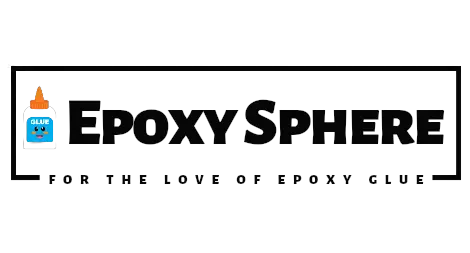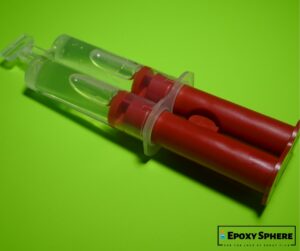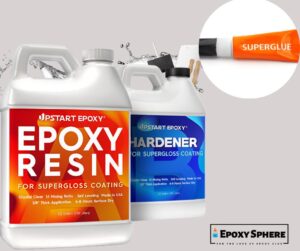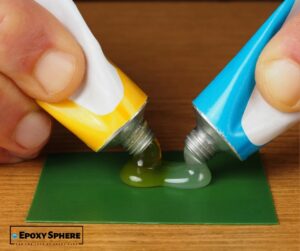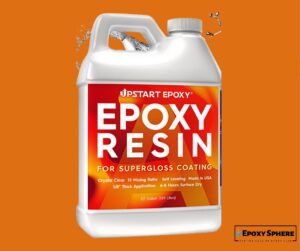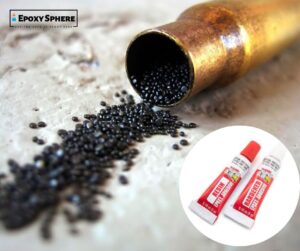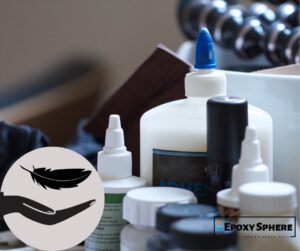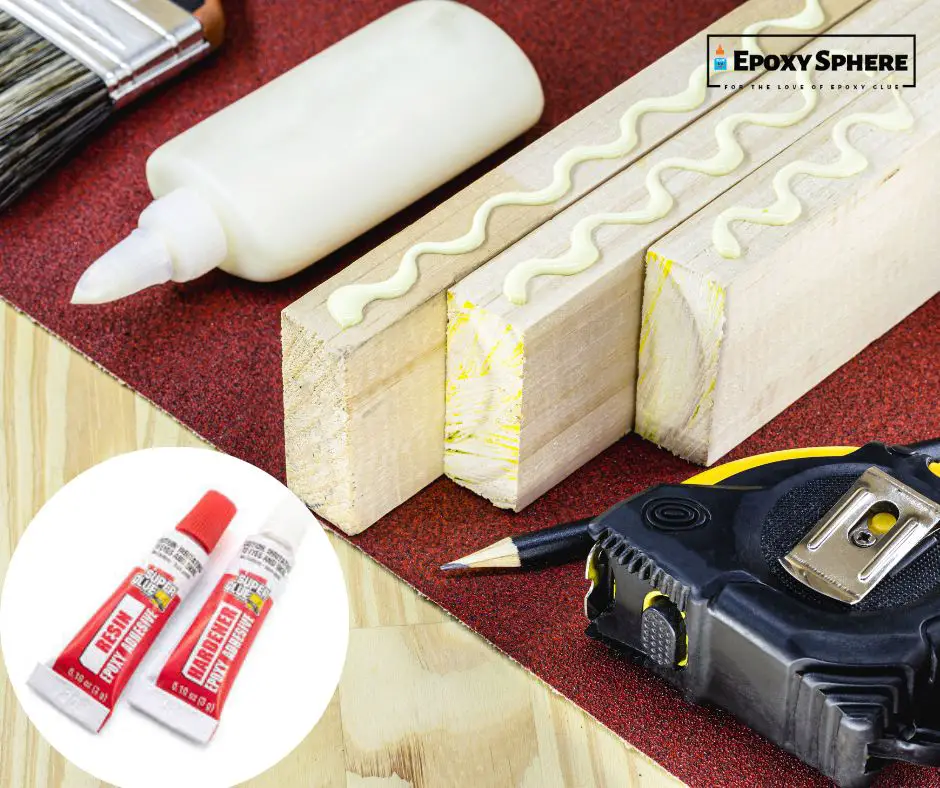
When it comes to gluing your tooling board, there are a few different epoxies to choose from. But which one is best for the job?
There are a few factors to consider when choosing epoxy for this purpose. The most important of these is the strength and hardness of the epoxy. You’ll also want to consider the curing time as well as the temperature and humidity levels in your work area.
In this article, we’ll take a closer look at these factors and help you decide which epoxy is best for gluing your tooling board.
What Is a Tooling Board?
Tooling board is a material made of fiberglass and resin. It’s strong yet lightweight, which is why it’s often used in the automotive and aerospace industries.
But that’s not all. The tooling board is also resistant to heat and corrosion, which is why it’s a popular choice for making molds and prototypes. It can also be used for creating signs, displays, and other visual aids.
How to Choose the Right Epoxy to Glue a Tooling Board
Now that you know more about epoxy, it’s time to choose the right one for your project. Here are eight factors to consider when making your decision:
- The Type of Epoxy Resin: There are two main types of epoxy resin: thermosetting and thermoplastic. Thermosetting epoxies become hard and inflexible after they cure, while thermoplastic epoxies stay soft after they cure.
- The Curing Process: Epoxies can be either 2-part or 1-part. With 2-part epoxies, you mix the resin and the hardener together before using, while with 1-part epoxies, the two components are already combined.
- The Curing Time: The longer the curing time, the stronger the bond will be.
- The Temperature Range: Make sure the epoxy you choose can withstand the temperatures involved in your project.
- The Viscosity: The higher the viscosity, the thicker the epoxy will be.
- The Color: Some epoxies are clear, while others come in a variety of colors.
- The Toxicity: Some epoxies contain harsh chemicals that can be harmful if inhaled or ingested. Choose an epoxy that’s safe to use around your workspace.
- The Cost: Epoxies can range in price from a few dollars to several hundred dollars per gallon.
What Epoxy to Glue Tooling Board
When you’re working with a material like a tooling board, it’s important to use the right adhesive to keep everything in place. Epoxy is a common choice for gluing tooling boards because it’s durable and can withstand heat and pressure.
But not all epoxies are created equal. You need to use an epoxy that’s specifically designed for plastics, otherwise; you run the risk of the adhesive melting the board.
EA700 is the best epoxy to glue tooling boards.
There are many reasons why EA700 is the best epoxy to glue tooling boards.
- First, it provides an exceptionally strong bond that can withstand high temperatures and heavy loads.
- Second, it is resistant to chemicals, solvents, and other harsh conditions.
- Third, it is non-toxic and safe to use in a variety of applications. It is specifically made for this and designed to glue tool board materials.
- Finally, it is easy to apply and dries quickly, making it ideal for a wide range of projects.
How to Apply Epoxy on a Tooling Board
Here’s a step-by-step guide on how to apply epoxy:
- Make sure the surface is clean and free of debris.
- Apply a thin coat of epoxy to the surface.
- Wait for it to dry completely before applying another coat.
- Apply as many coats as necessary until you have a nice, even surface.
- Let the epoxy dry completely before using the tooling board.
What is the best epoxy to Glue Tooling Board?
When it comes to gluing tooling boards, you have a few different epoxies to choose from. But which one is the best?
Here’s a list of five epoxies that are great for gluing tooling boards:
- EA700: Epoxy tooling boards with densities of between 0.5 (500 kg/m3) and 0.9 (900 kg/m3) are best bonded with EA700 epoxy adhesive. It has very similar density, thermal behavior, and machining qualities as the EB700 Epoxy Tooling Board, making it especially well suited for bonding.
- Epoxy resin: This is a two-part adhesive that cures quickly and offers a high strength-to-weight ratio.
- Polyurethane adhesive: This adhesive is solvent free and forms a very tough bond.
- Cyanoacrylate adhesive: This adhesive is also known as superglue, and it cures quickly to form a strong bond.
- Epoxy putty: This adhesive is easy to use and cures fast.
Pro Tips for Using Epoxy
When it comes to using epoxy, there are a few things to keep in mind. Here are 12 pro tips:
- Make sure the surface is clean and dry before you start.
- Always mix the epoxy in small batches. You don’t want to waste any, and you don’t want it to start curing before you’ve had a chance to use it.
- If you’re using a glue gun, melt the epoxy and then pull the trigger on the gun to apply it.
- For a more precise application, use a toothpick or a wooden skewer.
- Epoxy takes time to cure, so be patient.
- If you need to sand or file the epoxy, do so while it’s still soft.
- Be careful not to get any epoxy on your skin. It’s not going to be pretty when it dries.
- Make sure you have good ventilation when you’re working with epoxy. It can give off some pretty nasty fumes.
- It’s best to wear gloves when you’re using epoxy again; those fumes can be dangerous if they get into your bloodstream.
- Keep any leftover epoxy in an airtight container so it doesn’t cure prematurely.
- If you do end up with some cured epoxy, don’t despair! There are ways to remove it without damaging the surface underneath.
- And lastly, always read the directions on the epoxy bottle thoroughly before using it!
Conclusion
There are a lot of different epoxies on the market, and it can be tough to decide which one is best for your needs. Here are a few things to keep in mind when choosing an epoxy to glue the tooling board:
- Make sure the epoxy is compatible with the material you’re using.
- Consider the strength and durability of the epoxy.
- Think about the environmental factors that will affect the epoxy.
- Choose an epoxy that’s easy to use.
- Make sure the epoxy is affordable.
Take these things into account when choosing an epoxy to glue the tooling board, and you will find the perfect one for your needs.

Hi, This is John Davis. After years of working in the construction industry, I decided to create a website that would provide people with information about glue and its exceptional uses. I hope You find it useful
